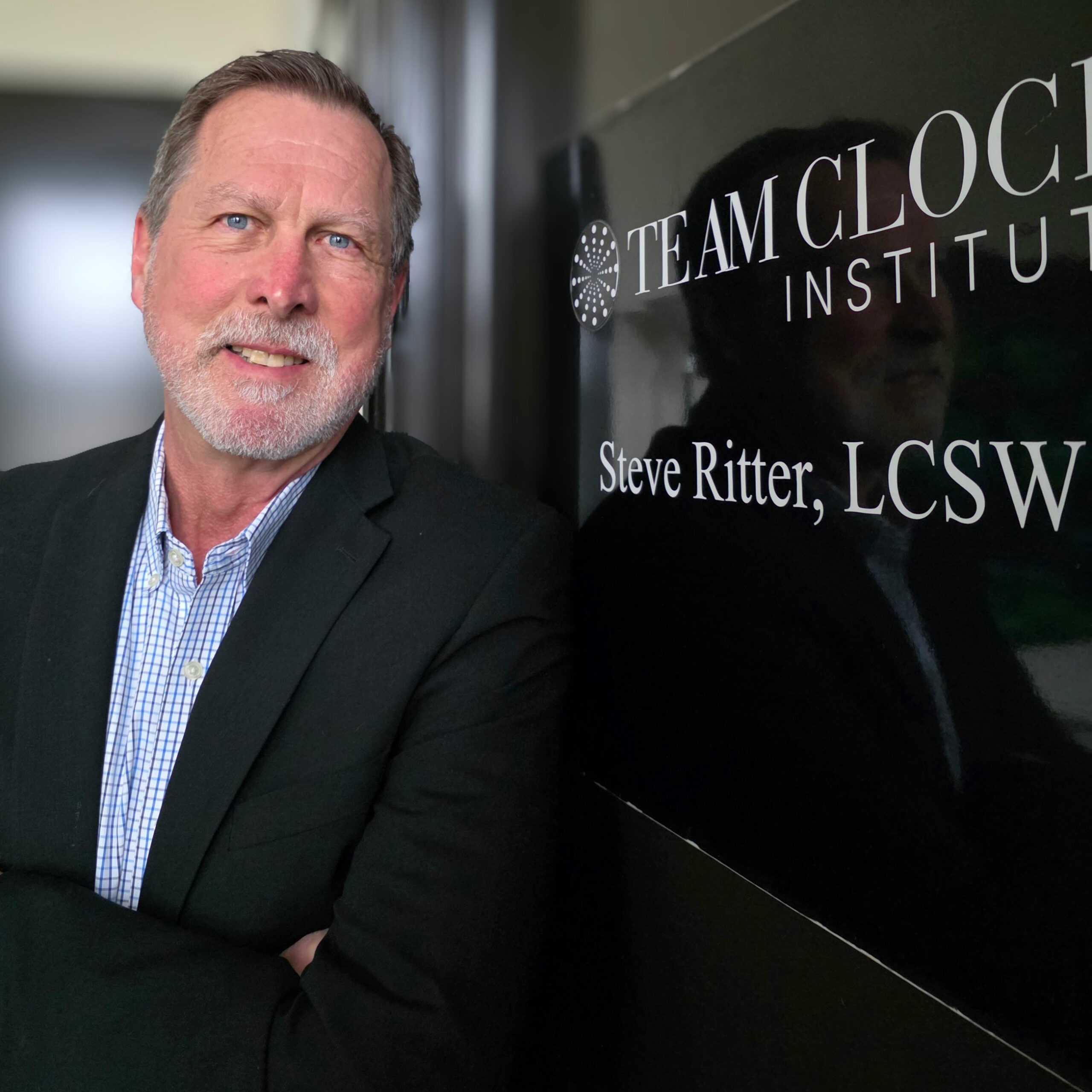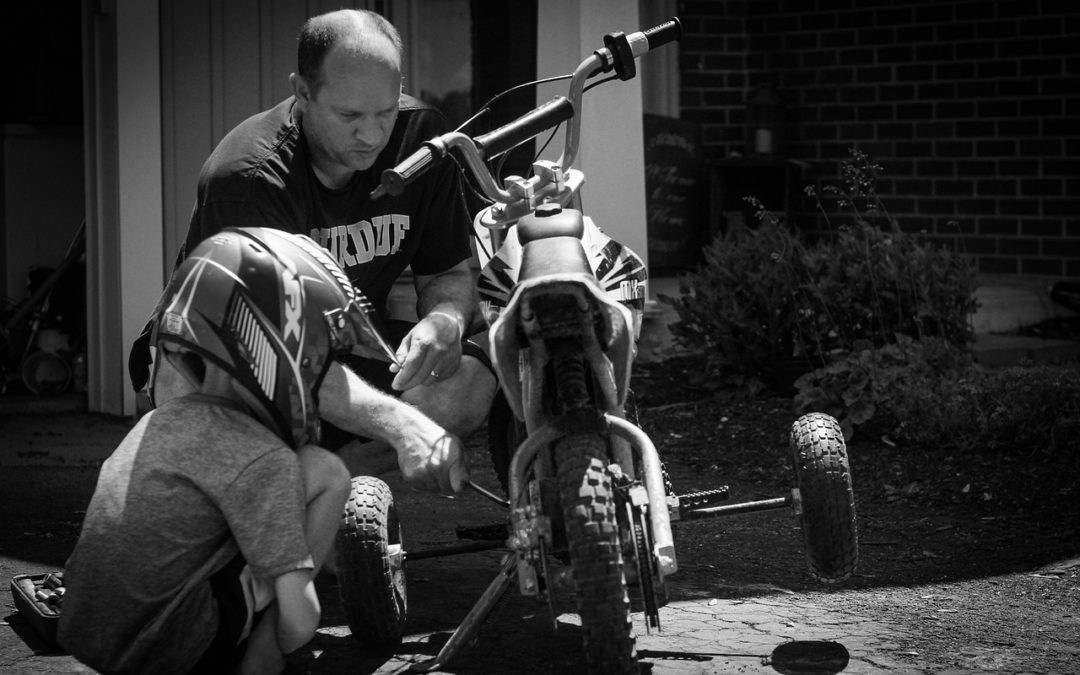Those of us who take care of kids professionally have a unique perspective. We see both the parenting strategies of the caregivers and the consequences on child development. Breaking news: they’re related.
If you parent from a helicopter, it’s not realistic to expect your kids to develop autonomy. They will defer to your judgment, especially when the circumstances involve risk and you make it a habit to swoop in and prevent crisis. Heaven forbid that my kid falls and gets hurt.
If you prefer to fight your kid’s battles on their behalf, don’t expect your child to learn how to stand up for themselves. Instead, they will protest past your patience threshold so you are compelled to solve the problem just to quiet the noise. It’s all about anxiety reduction – yours as much as theirs.
We treat anxiety as though it is poison. Soothe the symptom as soon as possible rather than considering the problem that generates the stress. If our efforts are focused on symptom reduction, the problem is guaranteed to send its roots deeper.
What if parents set the example and looked the discomfort straight in the eye until, despite the discomfort, the reason became clear? Solve THAT problem. Parents learn how to parent, and kids learn how to grow.
As long as our adult decisions are guided by achieving peace and quiet, our children will compel us to make them happy. If making kids happy is the goal, we have to sacrifice the construction of healthy coping skills and resilience.
True happiness doesn’t result from removing conflict from life experience. It comes from the evolving capacity to manage life’s challenges effectively. That ability only unfolds when coping is required.
It rubs against all instinct to let your kid fall. Imagine teaching your child to ride a bike in hopes of seeing them learn how to maintain balance. How long to you hold on to the back of the seat as you run up and down the sidewalk? The ability to balance only emerges at the moment that you let go of the seat.

About the Author
Steve Ritter, LCSW is the Founder and Executive Director of Elmhurst Counseling. He has served as a teacher, author, consultant, human resources director, health care administrator, and licensed clinical social worker since 1977. A fellow of the American College of Healthcare Executives, Steve has provided coaching, therapy and team development services to thriving schools, businesses and organizations.

